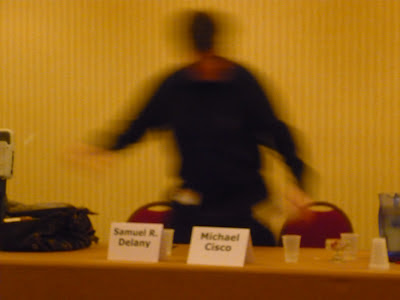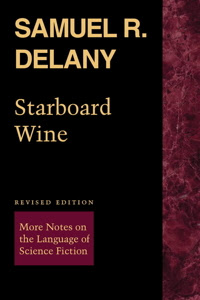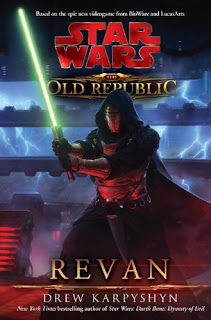I don't generally publicize Kickstarter projects, etc., here, because it would be easy to get overwhelmed, but here's one I've got multiple personal interests in: Unstuck: New Literature of the Fantastic and Surreal . Unstuck is a new(ish) annual(ish) journal out of Texas. Their first issue included fiction by Aimee Bender, Matthew Derby, Amelia Gray, J. Robert Lennon, Meghan McCarron, Rachel Swirsky, Leslie What, and others who are just too fabulous to name. Their upcoming (at the end of the year) second issue will include work by Other People You Know, plus me (a very short story about Victrolas and turtles that I read last year at Readercon). The rewards for funding the project are pretty great. Also, one of the editors is Meghan McCarron , someone whose life I nearly ruined once by hiring her to teach at a boarding school in New Hampshire. She's beginning to forgive me. She'll forgive me more if you fund this project. (But don't use that as an exc...



